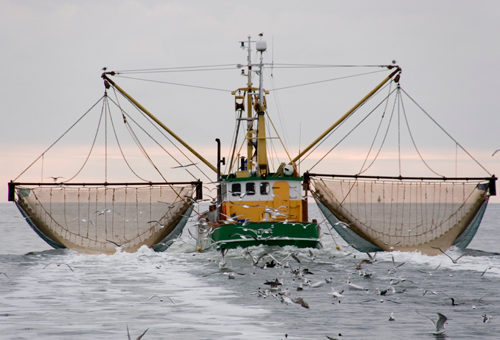Halifax, NS, Canada—Some have shied away from omega 3-rich krill oil with the belief that krill fishing endangers the ecosystem. A new study published in Environmental Science and Technology, however, found otherwise through an assessment of krill harvesting and processing.
The present study, conducted by researchers from Dalhousie University in Nova Scotia, used a Life Cycle Assessment to evaluate the impact of krill meal, oil and omega-3 capsules on the environment. Such factors include global warming, acidification, eutrophication and ozone depletion. In addition, the supply chains of one krill oil supplier (Aker BioMarine of Norway) were assessed.
Overall, the team found the environmental impacts of krill fishing were lower than most other marine omega-3 sources such as cod and tuna possibly because krill is low on the food chain. The primary environmental impact came from the combustion of fossil fuels onboard the vessels. Nonetheless, the biotic resource use associated with krill extraction is relatively low, says the team, compared with other fisheries. Some ways to improve the process include reducing the number of trips between the boats and improving engine efficiency.
A separate study from the Centre for Conservation Geography in Sydney, Australia found only a small spacial and time overlap between krill operations (by Aker BioMarine’s vessels) and land-based krill predators like penguins.
Krill is said to have the largest biomass in the world, and its harvesting is carefully regulated with only a very small percent of the population collected per year. Krill supporters feel this harvesting won’t damage the ecosystem. Some retailers like Whole Foods Market disagree, and won’t sell krill oil for sustainability reasons.
Published in WholeFoods Magazine, August 2012










